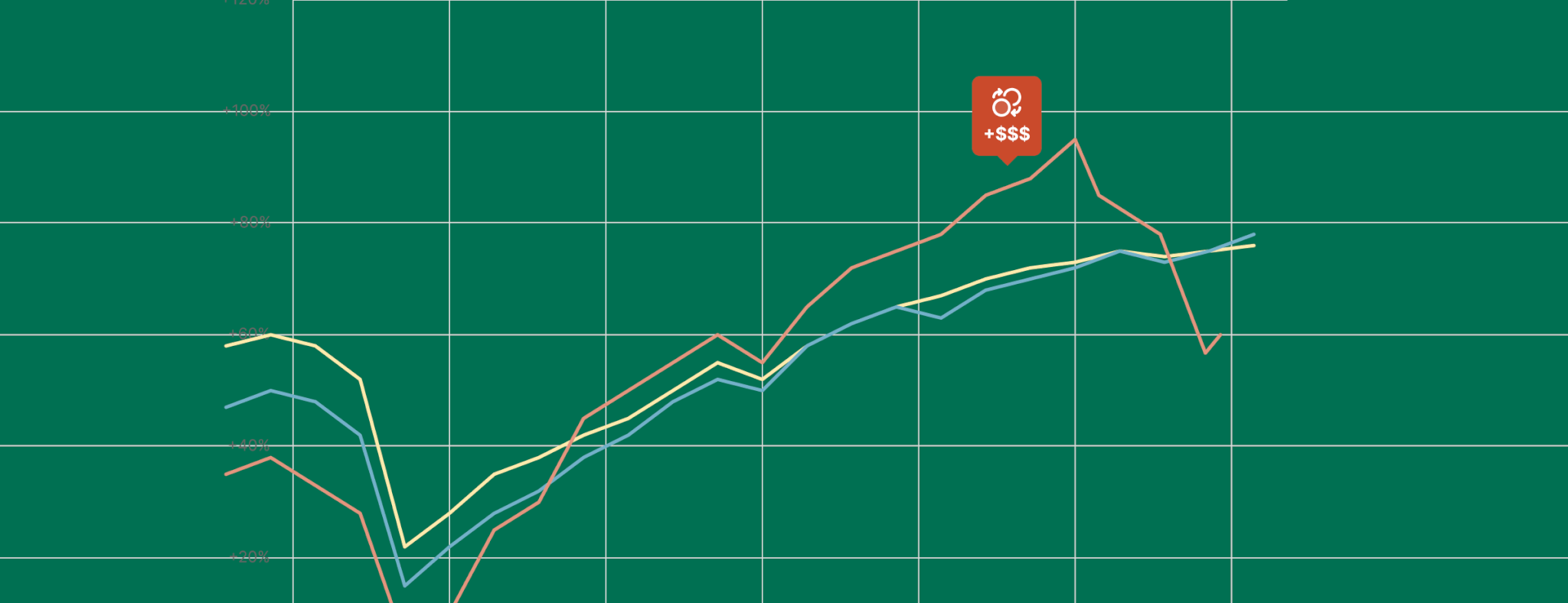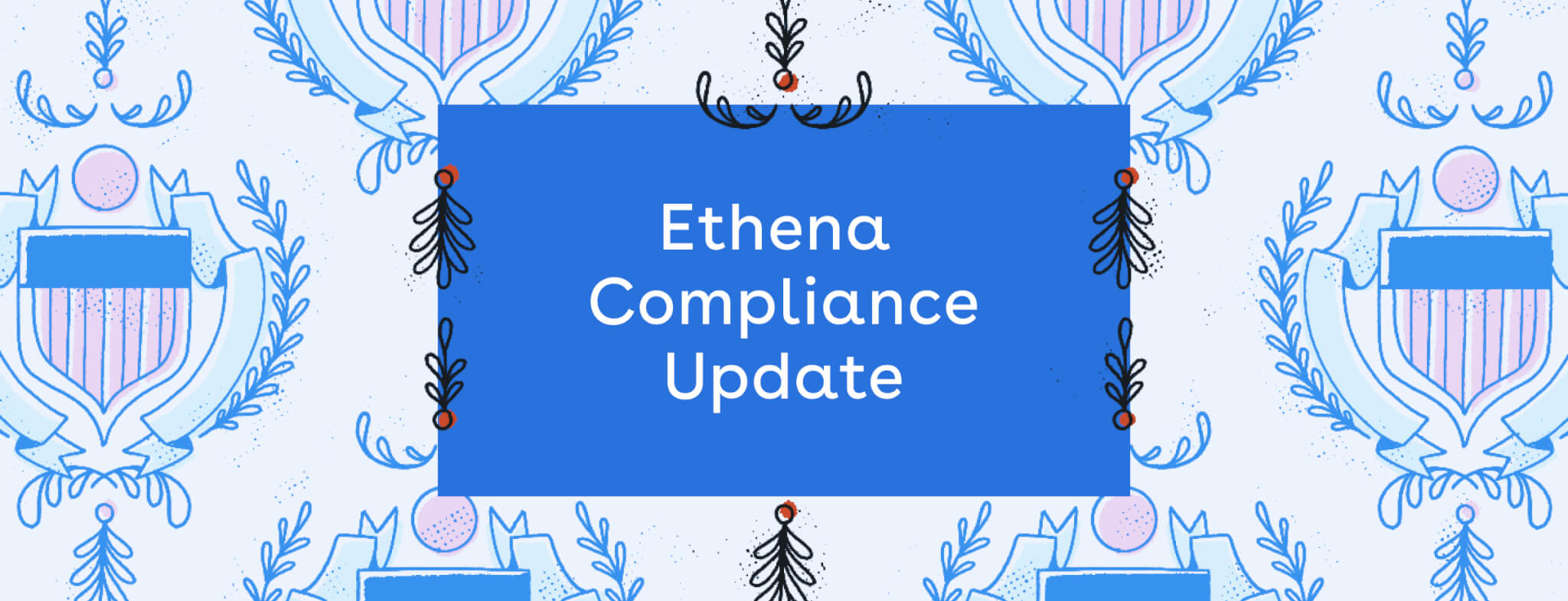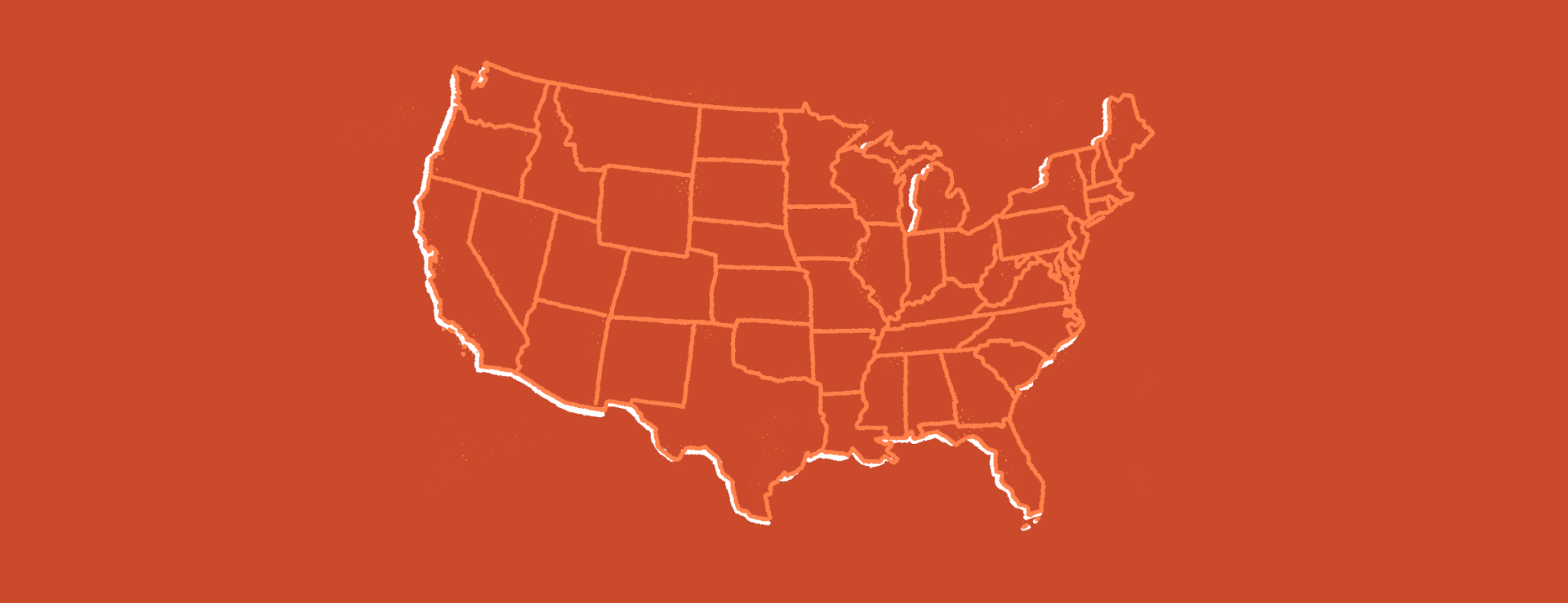Every decision a leader makes carries weight.
Sometimes it’s as simple as choosing between two reasonable options. But more often, it’s a high-stakes call where the right path isn’t immediately obvious (or comes with a cost.) And in those moments, the consequences of choosing wrong can be severe: eroded trust, damaged reputations, legal exposure, and even the downfall of an organization.
Ethical management isn’t just about compliance with rules and regulations. It’s about navigating the gray areas where integrity is tested; choosing the harder right over the easier wrong. These are the moments when values come to life, and when the true character of a leader or an organization is revealed.
Ethics is a daily practice, not a crisis response
We live in a fast-paced, hyper-connected world, and as a result, tend to focus on the scandals — the times leaders got it wrong. Stories of corporate misconduct, fraud, or toxic cultures dominate the headlines because they’re dramatic and, frankly, cautionary. But focusing only on failure risks reinforcing the idea that ethical lapses are inevitable.
What’s often overlooked are the countless examples of ethical leadership happening every day. These quiet decisions — made with integrity, even when no one’s watching — are the foundation of a strong ethical culture. Ethics and compliance professionals have a crucial role to play in recognizing and uplifting these moments. Because when we highlight ethical decision-making, we give others permission and encouragement to do the same.
What ethical management looks like in practice
So what does ethical decision-making look like in the real world? Here are a few powerful examples that underscore the long-term value of integrity over short-term gains.
1. Walking away from a risky deal
A global infrastructure company is invited to bid on a lucrative, sole-source contract from a foreign government agency. The project aligns perfectly with the company’s core capabilities and promises a significant financial return. There's just one catch: the bid requires partnering with a local entity chosen by the government.
On paper, the terms seem straightforward. But as the company conducts due diligence on the designated partner, serious red flags emerge. Layers of offshore shell companies obscured ownership, and despite repeated inquiries, the company can't obtain clear or credible answers.
Faced with mounting uncertainty, the project leader makes the tough call to walk away. It would have been easy to rationalize moving forward — after all, the potential profits were enormous — but instead, they choose to protect the company’s integrity and long-term reputation. The decision is later held up internally as a model of ethical leadership.
2. Protecting the power grid — at personal cost
During the early days of the COVID-19 pandemic, major energy infrastructure companies were facing an unprecedented challenge: how to maintain critical operations amid growing public health risks. Rather than wait for government mandates or scramble for external support, employees and managers at Entergy, Brasken US, Southern Company, and others voluntarily stepped up. They isolated themselves in the company’s plants for 30-day shifts to keep the electrical grid functioning.
There was no law or regulation that required them to do this — it was simply what they believed was right. Leadership supported their decision, providing the resources and rotations needed to sustain it. This act of collective responsibility exemplifies how ethical cultures are often defined by the actions individuals take in uncertain times.
3. Sacrificing executive pay to save jobs
In another example from the pandemic, tens of thousands of companies faced agonizing choices about layoffs and furloughs. Some senior leaders decided to forgo their bonuses or take significant pay cuts in order to avoid letting go of frontline workers. These moves weren’t required, and in many cases, they went unpublicized. But they sent a powerful message to employees: leadership was willing to share in the hardship.
This kind of values-driven leadership builds trust, loyalty, and long-term resilience. And it’s not just anecdotal — post-pandemic surveys of ethics and compliance professionals show that many organizations saw their ethical cultures strengthen during the crisis, not weaken. Shared sacrifice, transparency, and compassion proved to be powerful cultural anchors.
4. Doing the right thing (even when it hurts your bottom line)
Sometimes, ethical behavior means addressing someone else’s insidious actions — even when it costs you.
In 1982, seven people in the Chicago area died after ingesting Tylenol capsules that had been laced with potassium cyanide. The contamination wasn’t Johnson & Johnson’s fault — the capsules had been tampered with after leaving the company’s supply chain. But instead of pointing fingers or waiting for regulators to act, J&J responded with speed, transparency, and a clear moral compass.
Within days, the company issued a nationwide recall of more than 31 million bottles of Tylenol — worth over $100 million in product. They immediately halted production and advertising, set up hotlines for worried consumers and healthcare providers, and worked closely with the FDA and FBI to manage the crisis. Despite the fact that the company was not responsible for the tampering, its leaders took full accountability for public safety.
Importantly, Johnson & Johnson's response was grounded in their company credo, which explicitly prioritizes responsibility to customers and the public over shareholder returns. That commitment showed in their actions: they reformulated the product, introduced tamper-proof packaging (which would go on to become the industry standard), and re-launched Tylenol with one of the most successful trust-rebuilding campaigns in consumer history.
Why celebrating ethical choices matters
Most ethical decisions don’t generate headlines. In fact, they’re often deliberately quiet. The drama comes when things go wrong — when leaders ignore warning signs, cut corners, or rationalize misconduct. But a no-drama culture of integrity is exactly what most organizations should strive for.
For ethics and compliance professionals, part of the job is creating space to celebrate the “no news is good news” moments. Recognizing employees and leaders who made hard but principled decisions can reinforce those behaviors across the company. It helps build a shared language around ethics and makes the abstract concept of “doing the right thing” concrete and relatable.
Prevention is more than just a slogan
The old adage, “an ounce of prevention is worth a pound of cure” rings especially true in ethics and compliance. Preventing misconduct through a culture of integrity is far more effective (and far less expensive) than cleaning up the aftermath of a scandal. Ethics programs should do more than respond to wrongdoing; they should enable, celebrate, and scale right-doing.
That means:
- Training employees not just on rules, but on how to think through gray areas. We're biased, but we think our Ethical Management course, co-created with Ethisphere, is a good place to start.
- Recognizing and rewarding ethical behavior — not just punishing bad actors.
- Empowering managers to model integrity and support employees in doing the same.
- Creating safe, credible reporting channels that employees trust.
At the end of the day, ethics is a strategic asset. Organizations that foster ethical decision-making aren’t just avoiding risk — they’re building competitive advantage. Trust, accountability, and transparency aren’t just buzzwords; they’re the bedrock of lasting success.
Ready to turn values into action?
Ethical decision-making isn’t just the job of senior leaders or legal teams — it’s something every manager needs to be equipped for. That’s why we partnered with Ethisphere to create our Ethical Management course, designed to help middle managers recognize ethical dilemmas, navigate gray areas, and lead with integrity.
Whether you're building a culture of accountability, preparing your managers for high-stakes decisions, or reinforcing your company’s values, our training gives your middle managers the tools they need to do the right thing when it matters most.









